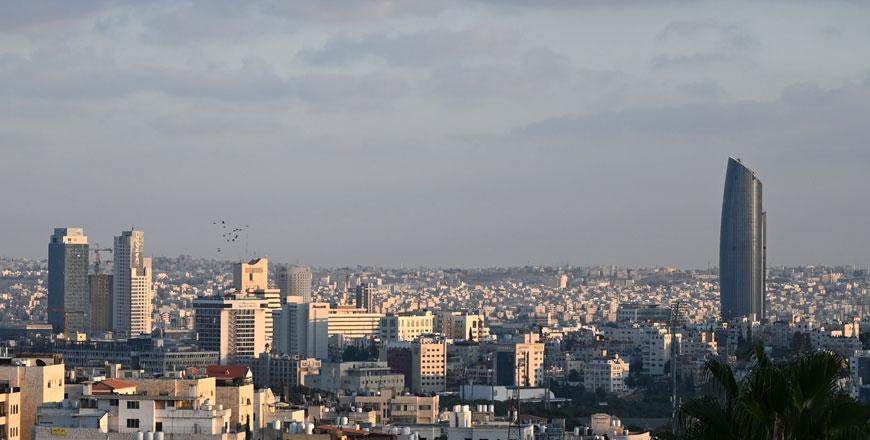- Local News
- Thu-2020-09-03 | 02:54 pm

Jordan, out of 131 countries, improved its ranking in the GII by four places to 81 in 2020 from 86th position in 2019, the biggest jump in the region, together with Tunisia (65th, up from 70th), according to a World Intellectual Property Organisation (WIPO) statement released on Wednesday, cited by the Jordan News Agency, Petra.
Most of Jordan’s improvements are on the Innovation Input Sub-Index (77th), where it went up by 14 ranks. At the pillar level, Jordan improves in Institutions (63rd), market sophistication (52nd), and business sophistication (94th).
In market sophistication, the indicator ease of getting credit (4th) is now a relative strength and remarkably improved, according to the statement.
Jordan strengthened access to credit by introducing a new secured transactions law, amending their insolvency law, and improving access to credit information.
Indicators ease of resolving insolvency (98th), ease of protecting minority investors (92nd), domestic credit to private sector (35th), and venture capital deals (17th) improved as well.
Seven economies in the region improve their GII ranks: the United Arab Emirates (34th), Armenia (61st), Tunisia (65th), Saudi Arabia (66th), Jordan (81st), Azerbaijan (82nd) and Lebanon (87th).
Beyond providing tax incentives to venture capitalists, governments might decide to become venture capitalists, according to the statement. Governments that have set state-owned venture funds include Australia, Israel, China, Malaysia, Jordan, Morocco and Senegal.
Developing countries are also following suit: In the past two years alone, Jordan, Morocco and Senegal have all launched state-owned funds to boost start-up financing.
The index, issued by the Cornell SC Johnson College of Business, INSEAD & WIPO, aims to allow countries to assess their respective national innovations systems as well as incentivise countries to "collect fitting innovation metrics”.









